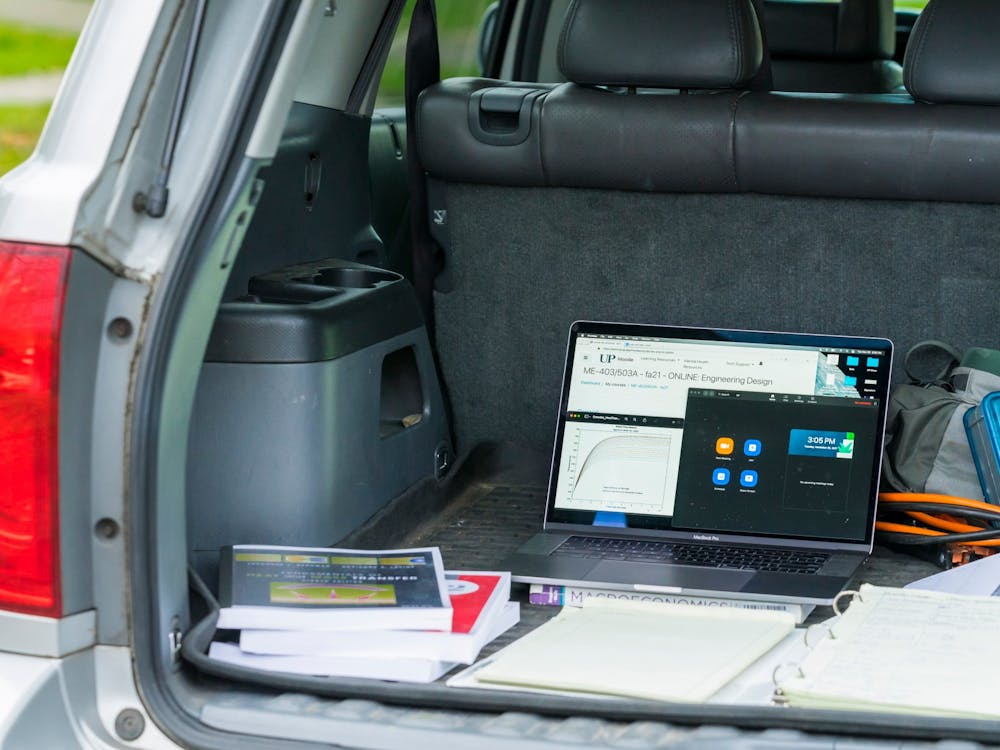Leaders on campus should show support to those with eating disorders
Rosie Smith (The Beacon)
By Rosie Smith, Guest Commentary
Similar to Julia's story, I myself have also dealt with the struggle of overcoming an eating disorder, along with the stress of emotional turmoil one faces in the aftermath. I will admit, it was at first extremely difficult to accept help. At the time I was stubborn and not quick to admit I had a problem; though in looking back now I quiver to think of what could have happened had I not been called out. What I did not realize then was how blessed I was to have people quickly reach out to me in a time where I was struggling. The problem is, the longer it takes for an intervention to occur, the greater a person's eating disorder can progress.
My own encounter has made it easier for me to recognize similar battles other people face as well. In my experience as an athlete for two Division 1 schools, I have discovered it is too easy for one person's struggle to quickly escalate into a domino effect, especially within a smaller environment of people. One person's struggle with an eating disorder haunts not only themselves, but also others they are surrounded by.
The topic of mental health is indeed a hushed and awkward one. It is true, eating disorders are an uncomfortable subject to discuss; however, it should not be one which is kept so secretive that those in a leadership position feel too distressed to take action.
I cannot possibly explain how saddened I am to admit that I have listened to faculty on this very campus offer excuses to detach themselves from the responsibility they hold. In response to expressing my concerns for fellow peers time and time again, I have been told, by those I believed to be trustworthy UP staff, that the problems my friends face have already escalated too far. Too often have I heard the phrase "But there is nothing I can do."
Perhaps I expect too much, but to me, this response simply does not suffice. Even if a student is already receiving professional support, I believe it is essential for all in-the-know parties to continue to show their encouragement and insure the student become shealthy.
It is immensely disappointing to think that much of the administration on our campus has the ability to prevent and change these issues, and yet, largely do not. Living together as a community of Pilots, we have a responsibility to look after each other. Students should be able to depend on our staff to talk about their worries, and our faculty should feel comfortable voicing their concerns before a problem gets too far.
In the athletic departments especially, coaches should not be afraid to talk with athletes they notice undergoing changes in weight. Even if the athlete does not yet appear to have symptoms of a full-blown eating disorder, the risk of it developing into one is enough of a reason for faculty to intervene. As mentioned before, addressing concern early on is the most effective way in which an eating disorder can be prevented. Coaches, make sure your athletes understand you are there as a resource, not a source of additional stress they fear to face.
I encourage leaders on our campus to take notice of this issue, and call upon help when necessary. The journey to overcoming an eating disorder undeniably includes facing many obstacles, which is why these students deserve all the support they can get.
Rosie Smith is a junior biology major. She can be reached at smithr14@up.edu.








